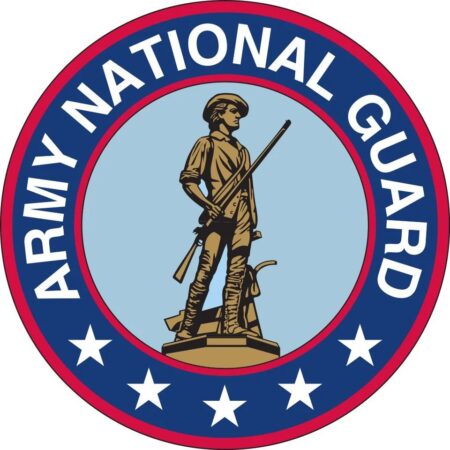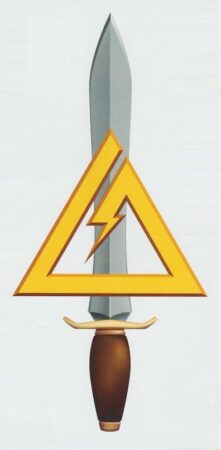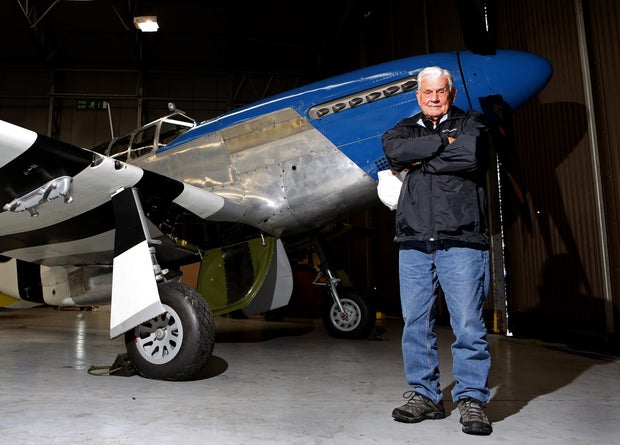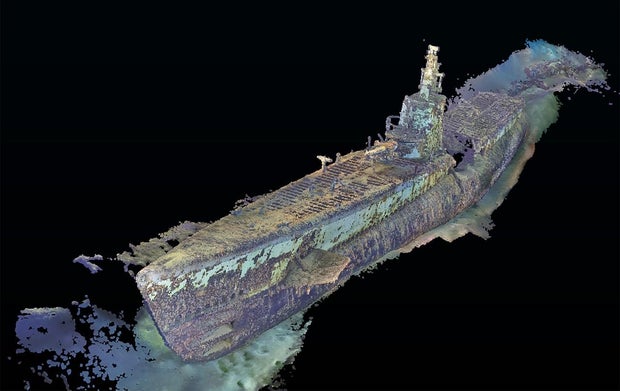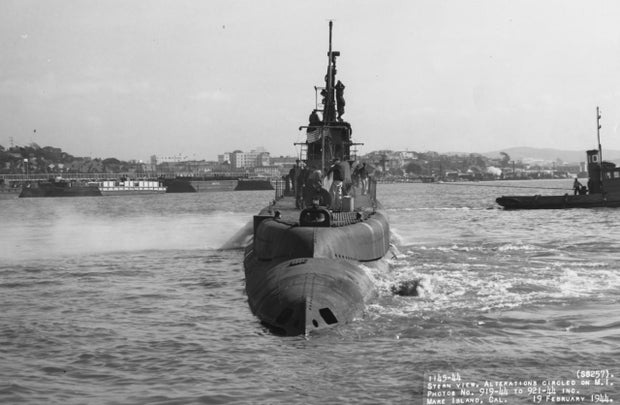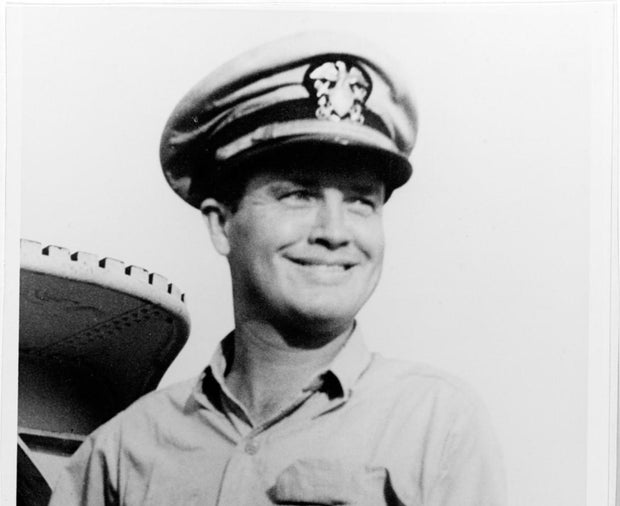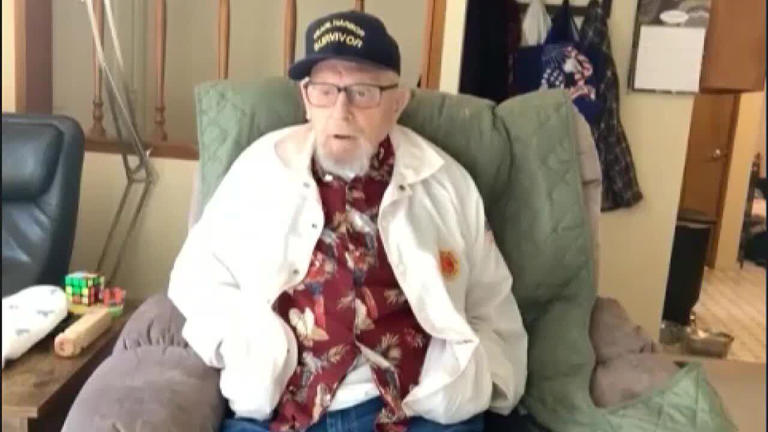Lest we forget.
How United Flight 93 Passengers Fought Back on 9/11
The coordinated terrorist attacks of September 11, 2001 unfolded at nightmarish speed. At 8:46 a.m., the first plane struck the North Tower of the World Trade Center. Sixteen minutes later, a second jet hit the South Tower. At 9:37, an airliner hit the Pentagon. Within hours, thousands had died, including hundreds of first responders who’d rushed to the scenes to help.
But after the events quieted and the scope of the damage came into relief, it became clear that there was at least one element of the al-Qaeda terrorist plot where the damage had been mitigated—with the fatal crash of United Airlines Flight 93.
Like the three other planes hijacked on September 11, Flight 93 was overtaken by al-Qaeda operatives intent on crashing it into a center of American power—in Flight 93’s case, likely the White House or the U.S. Capitol. But instead of hitting its intended target, the United jet went down in a field in rural Pennsylvania. While all 44 people aboard the plane were killed, countless people who might have perished in Washington were spared because of a passenger revolt—a heroic struggle undertaken with whatever low-tech weapons they and the cabin crew members could muster.
Brendan Koerner, author of The Skies Belong to Us, a book about domestic airline hijackings in the 1960s and 1970s, says that in the hundreds of cases he studied for his book, he never came across anything like Flight 93’s passenger revolt.
“The attitude of passengers tended to be that airlines would give the hijackers what they wanted, and so there was relatively little threat to the passengers,” Koerner says. “There aren’t really that many instances of passengers getting involved.”
7:39–7:48 a.m.: The terrorists board, likely one man short
On the morning of September 11, four terrorists boarded United Airlines Flight 93 at Newark International Airport: Ziad Jarrah, a trained pilot; and three others, who were trained in unarmed combat and would help storm the cockpit and control the crowd. All four sat in first class.
There was one fewer hijacker on Flight 93 than the five-man crews that commandeered the other three planes, leading the 9/11 Commission Report to speculate that the United Airlines hijacking operated with an incomplete team. That commission speculated that an intended fifth hijacker—Mohammed al-Qahtani—had been refused entry to the country in early August at Orlando International by a suspicious immigration official, who thought al-Qahtani wanted to overstay his visa and live in the United States.
8:42 a.m.: The flight departs late
UA 93 left its gate at Newark International at 8:01 am, only one minute later than scheduled. But heavy traffic on the runway delayed takeoff for approximately 42 minutes.
As a result, one of the flights (Flight 11) was hijacked nearly half an hour before UA 93 had even left the runway, and both of the World Trade Center towers would be hit before the hijackers on Flight 93 had taken over their plane.
9:24 a.m.: Airline dispatcher warns United 93 about cockpit intrusion
With multiple hijackings unfolding across the country, United Airlines dispatcher Ed Ballinger sent a text message warning to pilot Jason Dahl: “Beware any cockpit intrusion—two a/c [aircraft] hit World Trade Center.”
Dahl, seemingly confused, wrote back, “Ed, confirm latest mssg plz—Jason.”
While flying 35,000 feet above eastern Ohio, United 93 suddenly lost 7,000 feet as the terrorists rushed the cockpit. In the cockpit, the captain or first officer could be heard shouting “Mayday!” and “Get out of here!” into a radio transmission.
Sometime before 9:30 a.m.: Hijackers kill a passenger in first class
Tom Burnett, a first-class passenger on the flight, called his wife from the back of the plane at 9:30 to report the hijacking. On the call, Burnett told his wife, Deena, that a passenger had been knifed in front of the other passengers. On a subsequent call a few minutes later, he told her the passenger had died.
9:32 a.m.: Hijacker Ziad Jarrah threatens the passengers via the intercom
“Ladies and Gentlemen: Here the captain, please sit down keep remaining sitting. We have a bomb on board. So, sit.”
9:35 a.m.: Jarrah redirects the jet’s autopilot toward Washington, D.C.
At approximately the same time, recordings from the cockpit capture the sound of a flight attendant pleading for her life, then falling silent.
9:35–9:55 a.m.: Passengers and crew call their loved ones
For approximately 20 minutes, passengers and crew relayed information about their hijacking…and received word of the grim news on the ground. Planes had, by this point, struck both of the World Trade Center towers and the Pentagon. The passengers knew they were staring down a similar fate.
Passenger Jeremy Glick told his wife Lyz that passengers were voting on whether or not to storm the cockpit in an attempt to take back the plane.
“I have my butter knife from breakfast,” he reportedly joked.
Burnett told his wife that the passengers were going to wait until they were above a rural area before attempting their action.
Flight attendant Sandra Bradshaw boiled water, to throw on the hijackers.
Those on the flight who couldn’t get through to their loved ones left heart-wrenching voicemails instead. Flight attendant CeeCee Lyles called her husband, told him she loved him, and asked that he take care of her children.
“Are you guys ready?” one of the passengers, Todd Beamer, could be heard saying to the others while on a call with a telephone operator. “Let’s roll.”
9:57 a.m.: The passenger revolt begins.
The cockpit voice recorder captured the sound of passengers attempting to break through the door: yelling, thumping and crashing of dishes and glass. In response, Jarrah tried to cut off the oxygen and began pitching the plane left and right, to knock the passengers off balance.
9:58 a.m.: Jarrah instructed another hijacker to block the door.
9:59 a.m.: Jarrah began pitching the plane up and down, again hoping to neutralize the passenger assault.
10:00 a.m.: The hijackers discuss crashing early
Still approximately 20 minutes away from their target, the hijackers recognized that they would soon lose control of the aircraft.
“Shall we finish it off?” Jarrah asked one of the other hijackers in the cockpit.
“Not yet,” was the reply. “When they all come, we finish it off.”
In the background, a passenger screamed to another, “In the cockpit. If we don’t, we’ll die!”
10:01 a.m.: The hijackers decide to crash the plane
Jarrah again asked the other hijacker if he should crash the vehicle. This time, he was told, “Yes, put it in it, and pull it down.”
Jarrah pulled the control wheel hard to the left, causing the plane to fly upside down, and then to crash into the ground at a speed of 580 miles per hour.
It was 10:03 a.m.


